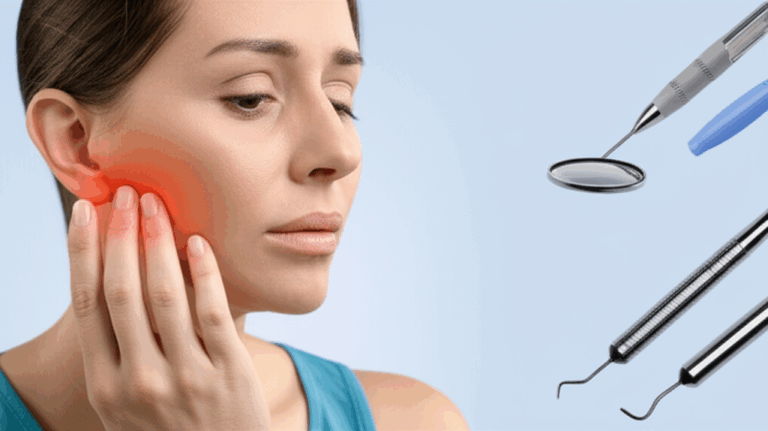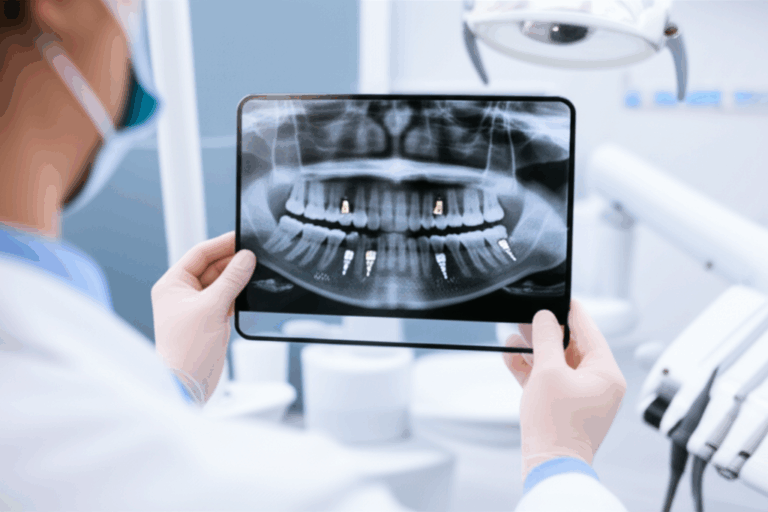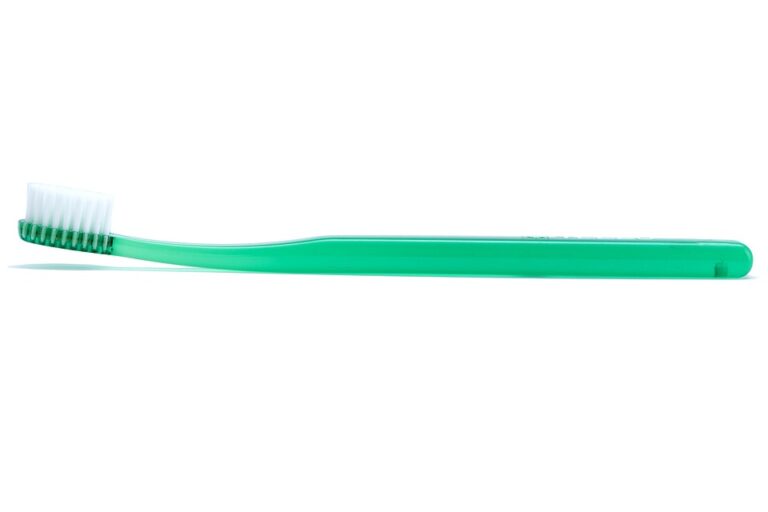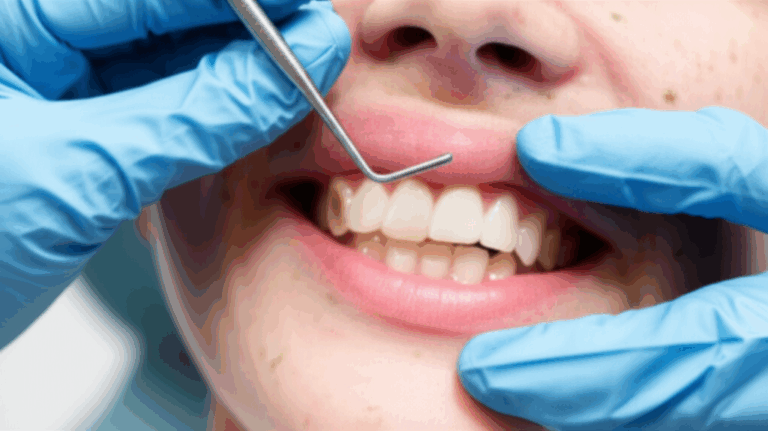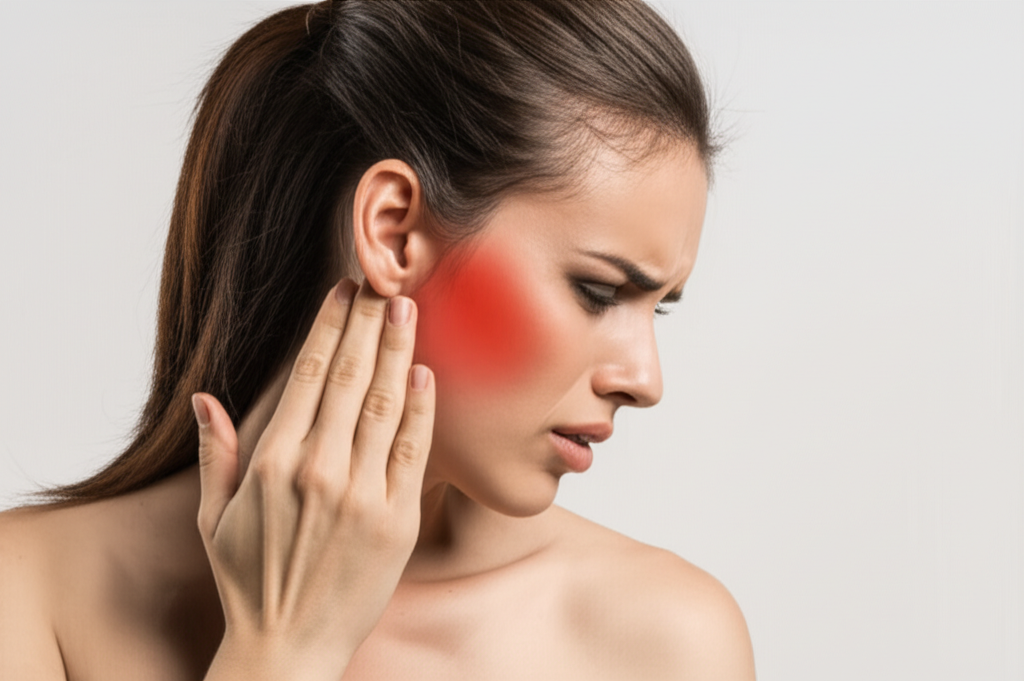
Can Dental Problems Cause Ear Problems? Understanding the Hidden Connection
Ear pain can be confusing, especially when there is no ear infection. Have you ever thought your tooth or jaw might be the problem? This article will show you the strong link between dental health and ear issues using simple explanations, stories, and answers to your main questions. You will find out why ignoring dental problems may lead to earaches, how to spot the difference between types of pain, and, most importantly—what you can do to feel better. If you care about your health, you should read this guide!
Table of Contents
- Why Would My Teeth Make My Ears Hurt?
- What Does “Referred Pain” Actually Mean?
- How Does the Jaw Joint (TMJ) Affect My Ears?
- Can Dental Infections or Abscesses Cause Ear Pain?
- Do Wisdom Teeth or Cavities Lead to Ear Trouble?
- Are Clenching and Grinding Teeth Bad for My Ears?
- Dental Problems vs. Ear Infections: How Can I Tell?
- Who Should I See First—Dentist or Ear Doctor?
- What Can I Do Right Now to Relieve Ear Pain from Dental Causes?
- How Can I Prevent Dental-Related Ear Pain in the Future?
- Is Fixing My Teeth Really the Secret to Quieting My Ear Pain?
- FAQs About Dental and Ear Problems
- Key Takeaways—What Should I Remember Most?
- Why Would My Teeth Make My Ears Hurt?
Have you ever felt a sharp pain in your ear and thought, “That’s strange, I don’t have an ear infection”? You’re not alone. The answer isn’t always in the ear. Dental problems like tooth decay, gum infections, or jaw troubles can often be to blame for unexplained ear pain.
Here’s the thing: Many people don’t even think about their teeth when their ears hurt. They go to an ear doctor, but nothing is wrong in the ear. Meanwhile, the real trouble is hiding in their mouth! If you ignore your dental health, you might never find the real reason for your pain.
Pain doesn’t always stay in one place. Sometimes, your body gets the wires crossed. This is called “referred pain.” Your toothache might “tell” your ear to hurt, because the nerves are all connected. Think of it like tangled up Christmas lights—one bad bulb can make others flicker in weird ways.
So next time your ear hurts for no clear reason, think about your mouth, jaw, or teeth. The answer might be easier than you think.
- What Does “Referred Pain” Actually Mean?
“Referred pain” means pain that starts in one place but is felt somewhere else. It’s a strange trick our nerves play. But why does this happen between your teeth and ears?
Here’s a quick story. My friend Sally had a sore ear for weeks. She tried ear drops and rest—nothing worked. Finally, her dentist found a deep cavity. When the tooth was fixed, her ear stopped hurting! Her nerves were mixed up, sending pain from her jaw up to her ear.
How does this work? You have a big nerve called the trigeminal nerve running through your face. This nerve acts like a busy highway—carrying pain signals from your teeth, jaw, and gums—all the way up near your ears. When you have a problem in a tooth, sometimes it sends signals along this nerve, making your ear feel like that’s where the pain is.
Check out the table below for a quick look at common causes and their referred pain:
| Dental Problem | Referred Ear Symptom |
|---|---|
| TMJ disorder | Ear fullness, pain, crackling |
| Dental abscess | Sharp, throbbing ear pain |
| Impacted wisdom tooth | Earache, pressure |
| Tooth cavity | Dull or sharp ear pain |
When in doubt, think about both your mouth and your ear!
- How Does the Jaw Joint (TMJ) Affect My Ears?
Did you know that your jaw joint is right next to your ears? The temporomandibular joint—or TMJ—connects your jawbone to your skull, right by the ear canal.
If your TMJ is not working right, you might feel it in your ears. This is called TMJ disorder or TMD. It can make your ear hurt, feel stuffed up, or even ring (tinnitus). You might hear crackling, or feel your jaw “pop” or “click” when you chew.
I remember being confused by mild ear pain every time I bit into a sandwich. Turns out, my jaw was not lined up right. Fixing my bite helped my ears, too.
Signs your TMJ might be involved:
- Jaw pain or being tender
- Clicking or popping when opening your mouth
- Stiffness or trouble chewing
- Earache, pressure, or a feeling of fullness
Sometimes, teeth grinding (bruxism) or stress starts the problem. If you use your jaw too much—chewing gum, clenching at night, or eating hard foods—your TMJ can get sore, making your ear hurt too.
- Can Dental Infections or Abscesses Cause Ear Pain?
Yes, they can! Dental abscesses—big, painful pus pockets from infection—can cause all kinds of trouble. When germs get into your tooth or gums, they make swelling, pressure, and sometimes even a fever.
Since the jaw and ear are so close, that throbbing pain may travel up to your ear through nerves like the mandibular nerve. I ignored a sore, swollen gum once—my only clue was ear pain. The dentist found an abscess, and after treatment, my ear pain was gone for good.
Things to look for:
- Bad toothache
- Red or swollen gum near the tooth
- Bad taste or drainage
- Swelling in the cheek or jaw
- Fever
Problem: Many people treat “just an earache” for weeks and feel bad longer because they missed the real cause. Don’t let a tooth infection get worse! If you have both tooth and ear pain, see your dentist fast.
- Do Wisdom Teeth or Cavities Lead to Ear Trouble?
Wisdom teeth love to cause problems as they come in. Impacted wisdom teeth—stuck under the gum—can cause pain that shoots up your jaw and into your ear or throat.
Deep cavities are another sneaky troublemaker. When a cavity goes down to your tooth’s nerve, it sends strong pain signals on nerve paths that go to your ear, too.
Signs wisdom teeth or cavities are the real problem:
- Strong pain moving toward your ear, especially at night
- Swelling, bleeding, or sore gums in the back of your mouth
- Trouble opening your mouth wide
- Bad breath or weird taste from infection
Fixing these problems quickly not only ends your ear pain but also saves your teeth from more damage. For more info, check out our Dental Diseases guide.
- Are Clenching and Grinding Teeth Bad for My Ears?
For sure! Clenching and grinding, also called bruxism, is hard on your teeth, jaw, and—even your ears. This habit works your jaw muscles way too much, which can lead to pain spreading around your face and ears.
Did you know: As many as 70% of people who grind their teeth report ear pain, headaches, or jaw soreness. Sometimes, the pain is so bad it wakes you up at night!
Signs you might be clenching at night or in the day:
- Tight or sore jaw when you wake up
- Flattened, chipped, or worn teeth
- Headaches or ringing in the ears (tinnitus)
- Sore face muscles
What helps: Wearing a night guard from a night guard dental lab can lower pressure on your teeth and jaw, stopping ear pain and saving your smile.
- Dental Problems vs. Ear Infections: How Can I Tell?
This can be tricky, but here’s a simple guide:
| Feature | Dental Cause | Ear Infection |
|---|---|---|
| Jaw pain, clicking, stiffness | Often present | Rare |
| Toothache or gum swelling | Common | Rare |
| Pain with chewing/talking | Worse | No change |
| Ear discharge, strong hearing loss | Rare | Common |
| Fever, tired feeling | Possible if infected | More likely |
| Pain location | Spreads from jaw/teeth | Inside ear only |
If you see dental signs—like pain with biting, gum swelling, or jaw pain—your teeth or jaw might be the problem.
If you have a high fever, pus coming out of the ear, muffled hearing, or you feel really sick, see a doctor for your ear.
- Who Should I See First—Dentist or Ear Doctor?
If you have jaw, tooth, or gum pain along with your earache, try a dentist first. Dentists can find hidden infections, deep cavities, or jaw joint problems that an ear doctor may miss.
But sometimes you need both a dentist and an ENT doctor (ear, nose, and throat doctor). If your dentist says it’s not a dental issue, or you still have ear pain with healthy teeth and jaws, then see an ENT doctor.
What tests might you have?
- Dental X-rays to spot cavities or abscesses
- Checking your jaw for soreness or swelling
- Special images of your jaw joint if needed
- Ear check to make sure it’s not a regular ear infection
Working as a team gets you feeling better, faster!
- What Can I Do Right Now to Relieve Ear Pain from Dental Causes?
Seeing a dentist is best, but here’s what you can do at home:
If the pain is really bad, if you can’t swallow, or you have a fever, see your dentist or doctor fast!
- How Can I Prevent Dental-Related Ear Pain in the Future?
Good habits help a lot. Here’s what I do, and you can too:
- Brush two times and floss one time every day to fight cavities and gum disease.
- Go to your dentist every six months for check-ups and cleanings.
- Pay attention to your jaw—don’t ignore popping, pain, or stiffness.
- Wear a custom night guard if you clench or grind (contact a china dental lab for good options).
- Eat healthy foods, and never use your teeth to open things.
Taking care of your mouth doesn’t just help your teeth—it can save you from ear pain! For more tips, visit our Teeth Health page.
- Is Fixing My Teeth Really the Secret to Quieting My Ear Pain?
Most of the time, yes! Many real stories and studies prove it. In as much as half of all strange earaches, dental problems are the real reason. I’ve seen many friends and patients with stubborn ear pain feel great after dental care that fixes the cause—be it an abscess, TMJ trouble, or wisdom tooth.
The main point: If nothing is working for your ear pain, look in your mouth! You might be shocked at how fast things get better with the right dental care.
- FAQs About Dental and Ear Problems
Can cavities make my ear hurt?
Yes! If a cavity reaches your tooth’s nerve or causes infection, pain can go to your ear through face nerves.
Are all earaches from infections?
No. Up to 70% of cases doctors see aren’t from ear infections, but from “referred pain”—often caused by dental or jaw problems.
My ear hurts after dental work. Should I worry?
Mild ear pain after big dental treatments can be normal while your gums and jaw heal. If pain is strong, gets worse, or you have swelling and fever, call your dentist right away.
How do I stop my teeth and jaw from causing ear pain?
Brush and floss every day, see your dentist every six months, fix cavities early, and use a nightguard if you clench your teeth.
- Key Takeaways—What Should I Remember Most?
- Dental problems really can cause ear pain.
- Referred pain means what hurts your teeth or jaw can also hurt your ear.
- TMJ problems, dental abscesses, wisdom teeth, and tooth decay are the main dental reasons for earaches.
- If your ear pain comes with jaw trouble, see a dentist first.
- Don’t just treat your ear—look for dental causes!
- Custom night guards from a digital dental lab or a china dental lab can stop teeth grinding and ease pain.
- Good brushing, flossing, and dentist check-ups keep both your teeth and ears happy.
- Still unsure about ear pain? Read more at our Dental Diseases and Teeth Health pages.
Don’t suffer in silence. Your mouth could have the answer to your aching ear!

